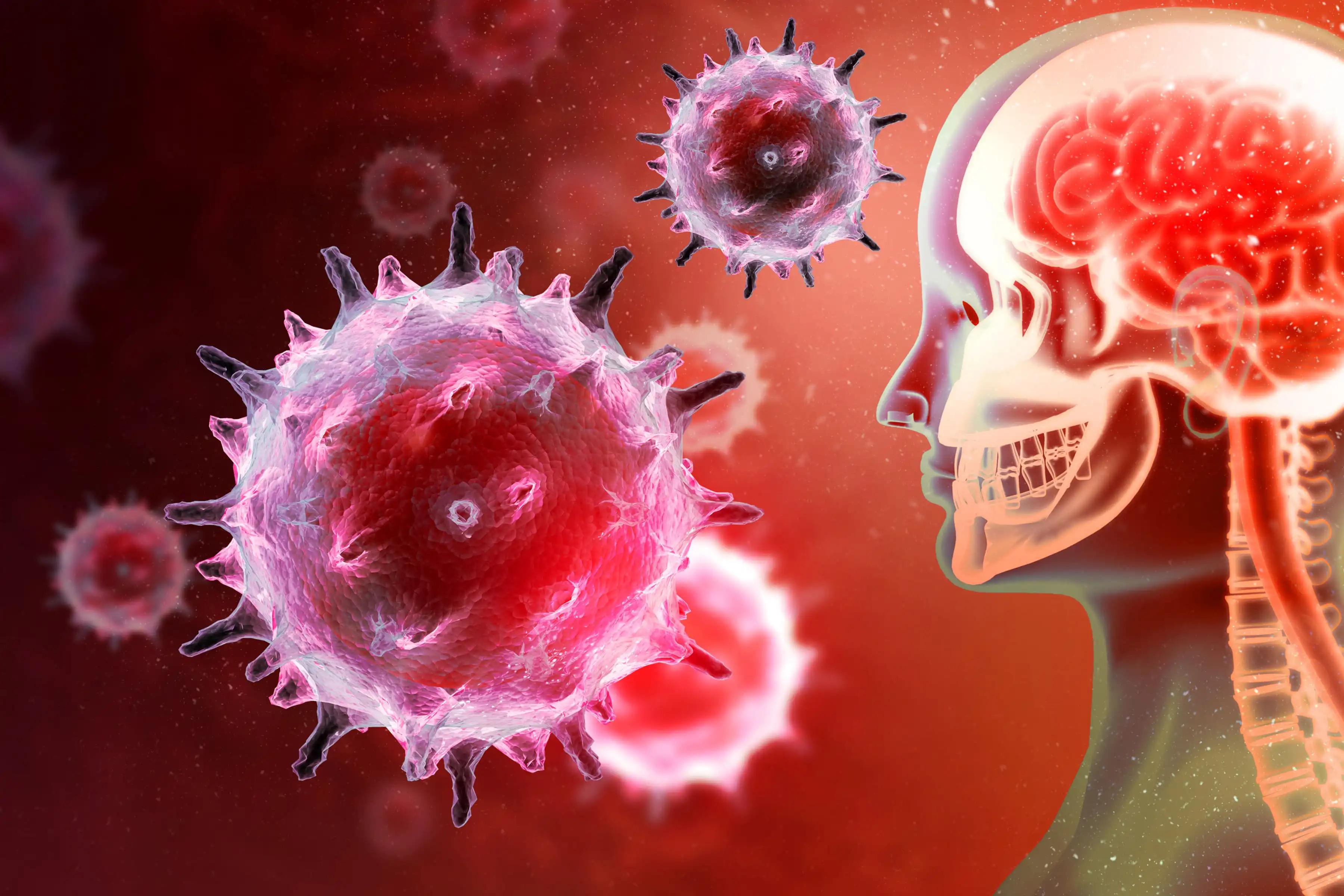KEY TAKEAWAYS
- The study aimed to assess how the high-grade glioma CPP impacts time to RT after surgery and OS.
- The results concluded that CPP implementation notably shortened the time to postoperative RT and extended survival duration.
Standard primary therapy for aggressive brain cancer includes surgery, radiotherapy (RT), and chemotherapy. However, the ideal timeframe for initiating RT post-surgery remains uncertain. A high-grade glioma cancer patient pathway (CPP) was introduced to address non-medical delays and regional discrepancies and enhance patient communication.
Hanne Blakstad and the team aimed to examine the impact of a high-grade CPP on the time to initiate RT following surgery and overall survival (OS).
The study involved consecutive patients with GBM between 2006 and 2019 who underwent RT treatment. Patients were categorized into pre- and post-CPP implementation groups based on diagnosis years 2006–2014 and 2016–2019, respectively. The analysis assessed the timing of RT and survival concerning the implementation of CPP.
The results revealed that CPP implementation was significantly associated with improved outcomes among the 1212 patients with GBM included in the study (P< 0.001). The median OS was 12.9 months. Post-CPP implementation, the odds of receiving RT within four weeks after surgery were significantly higher (P< 0.001).
However, no difference in survival was found based on the timing of RT below 4, 4–6, or more than 6 weeks (P= 0.349). Adjusted analyses identified several prognostic factors for better outcomes, including female sex (P= 0.005), younger age (P< 0.001), solitary tumors (P= 0.008), gross total resection (P< 0.001), and higher RT dose (P< 0.001).
The study concluded that CPP implementation notably shortened the time to commence postoperative RT and led to significantly longer survival periods. However, the timing of postoperative RT relative to the time of surgery did not affect survival outcomes.
Funding was provided by the European Union’s Horizon 2020 Programmes, the European Research Council, the Norwegian Cancer Society and the Research Council of Norway, and the South-Eastern Norway Regional Health Authority.
Source: https://link.springer.com/article/10.1007/s11060-024-04709-z
Blakstad, H., Mendoza Mireles, E.E., Kierulf-Vieira, K.S. et al. (2024). “The impact of cancer patient pathway on timing of radiotherapy and survival: a cohort study in glioblastoma patients.” J Neurooncol (2024). https://doi.org/10.1007/s11060-024-04709-z



